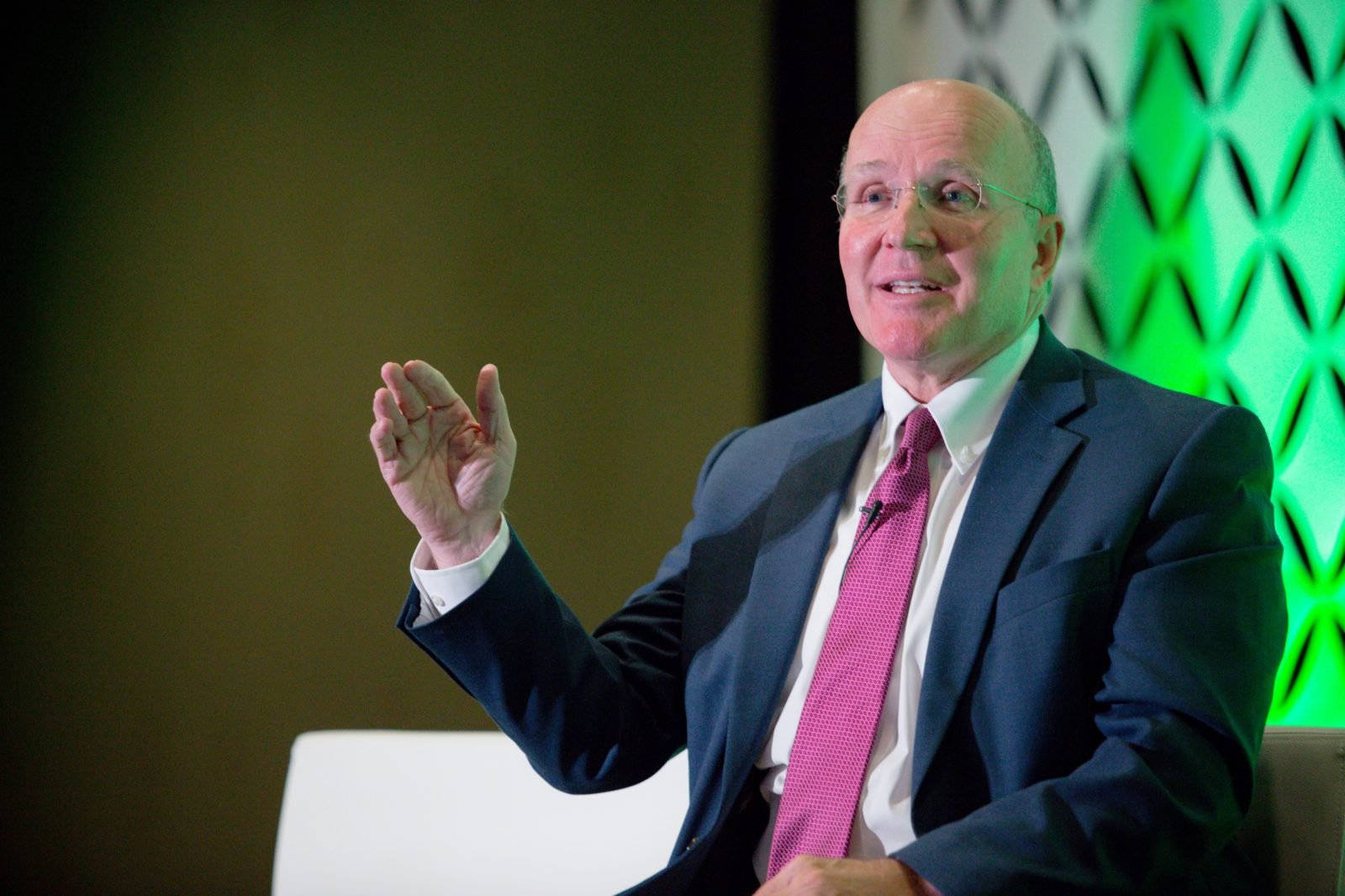Ron and Ed welcomed to the show one of the co-authors of the new book Taxes Have Consequences, Brian Domitrovic. Ever since 1913, when the United States first imposed the income tax via constitutional amendment, the top rate of that tax has determined the fate of the American economy. When the top rate has been high, as in the late 1910s, the 1930s, 1940s, 1950s, and 1970s, the response of those with money and capital has been to curtail real economic activity in favor of protecting assets and income streams. Huge declines have come to the economy in these circumstances.
A bit more about Brian Domitrovic…
Brian Domitrovic is an intellectual historian interested in the history and development of supply-side economics. He is the author of six books, beginning with the now standard history of supply-side economics — Econoclasts (2009) — and extending to the history of the income tax — Taxes Have Consequences (2022 and co-authored with Arthur B. Laffer and Jeanne Sinquefield). He has been a professor at institutions in Texas and Colorado and is the Richard S. Strong Scholar at the Laffer Center in Nashville. He holds a Ph.D. in history from Harvard University.
Use these show notes to follow along with the audio…(scroll a bit further to see what a bot came up with)
Segment one:
Adam Smith in 1776: “High taxes, sometimes by diminishing the consumption of the taxed commodities, and sometimes by encouraging smuggling, frequently afford a smaller revenue to government than what might be drawn from more moderate taxes”
Who remembers this amazing scene with Ben Stein featuring the topic of Voodoo Economics? https://www.youtube.com/watch?v=X_wHBlouFSc
That same clip also makes reference to the Laffer Curve. Who needs a refresher on that phrase? Link is here: https://www.investopedia.com/terms/l/laffercurve.asp#:~:text=The%20Laffer%20Curve%20is%20based,in%20increased%20total%20tax%20revenue.
From Brian on the show today, “The Laffer Curve is a simple representation of the tax rate against tax revenues”.
As tax rates go up, the wealthy shelter more money and earn less income. The consequences are severe and detailed in Brian’s book, “Taxes Have Consequences” — Link is here: https://www.amazon.com/Taxes-Have-Consequences-Income-History/dp/1637585640
Segment two:
Ron opened segment two today with a point from Brian’s book. It doesn’t matter what you call it, aren’t all taxes effectively income taxes? From consumption taxes to investments to gifts to wealth. Shouldn’t all taxes be called income taxes?
Brian’s effectively lays out the argument that WWII did not end the Great Depression. Tax cuts in the 1940’s did. After hearing him speak today, it’s hard to argue against that.
President Wilson raised the tax rate to an unconscionably high 77% in 1918. As a result, all sorts of businesses were starved for capital.
The autobiography of Thomas Mellon might be Brian’s favorite business book of all time. Link is here: https://www.amazon.com/Judge-Thomas-Mellon-Founder-Fortune/dp/0300167148
Segment three:
Wrap your head around this: In the 1970’s in Great Britain, tax rates were upwards of 98%! I’m sure those taxes had consequences. Oh, wait. There’s a book about that. Link is here: https://www.amazon.com/Taxes-Have-Consequences-Income-History/dp/1637585640
“A tax system with distortions is automatically inefficient.” —Brian Domitrovic
Warren Buffet is very admirable in many important ways. His opinions on tax returns are public and well known. Does his secretary really pay a higher tax rate? He had $62M in income in a year when his net worth increased by billions (with a B). In short, it’s a bit more complicated than a tax rate.
Government based digital currently is a bad idea. Brian has never seen a soft power quite like Bitcoin.
Segment four:
State and local tax collections were 80% of all tax collections in 1932. The Federal government only represented 20%. This caused the housing foreclosure crisis and the banking crisis.
It’s amazing that we lionize the 1950s as a decade of high tax rates and prosperity. The corporate tax rate was 52%. The progressive tax ladder goes all the way to 91%. Top executives avoided taxation as a national pastime in the 1950s.
The official IRS figures state that 84% of taxes owed are collected. They concede that 15% of taxes are not collected. Taxes have consequences and that’s the title of Brian’s book https://www.amazon.com/Taxes-Have-Consequences-Income-History/dp/1637585640
A big THANK YOU to Brian Domitrovic for joining us today. “Taxes Have Consequences” is the new book and you owe it to yourself to read it. https://www.amazon.com/Taxes-Have-Consequences-Income-History/dp/1637585640
The bots are coming for us!
For a few weeks now, we have been experimenting with a new feature from Otter.ai. Many of you will know that some of the current AI solutions have caught Ron and Ed’s attention during the bonus episodes. We let Otter.ai loose on the audio version of this show and here is what it (he? she? they?) came up with:
Who coined supply-side economics? 0:04
The CFO revolution of the ’80s. 11:13
The Laffer Curve. 13:21
What about tax rates in relation to spending? Is spending really the problem? 21:53
The correlation between high tax rates and income inequality. 25:32
The idea that taxes don’t influence behavior. 29:08
The myth that World War 2 ended the Great Depression. 32:14
What caused the Great Depression? 37:55
What should be the ideal system of taxes? 43:31
The argument that we need taxation to compete with other countries. 48:06
Brian’s thoughts on government-based digital currency. 54:31
The causes of the Great Depression. 58:09
How tax evasion was widespread in the 1950s and 60s. 1:03:35
Bonus Content is Available As Well
Did you know that each week after our live show, Ron and Ed take to the microphone for a bonus show? Typically, this bonus show is an extension of the live show topic (sometimes even with the same guest) and a few other pieces of news, current events, or things that have caught our attention.
This past week was bonus episode 414 - Only people pay taxes. Here are some links discussed:
How Vasili Arkhipov helped prevent nuclear war 60 years ago - Vox
Greenpeace report finds most plastic goes to landfills as production ramps up : NPR
Click the “FANATIC” image to learn more about pricing and member benefits.











